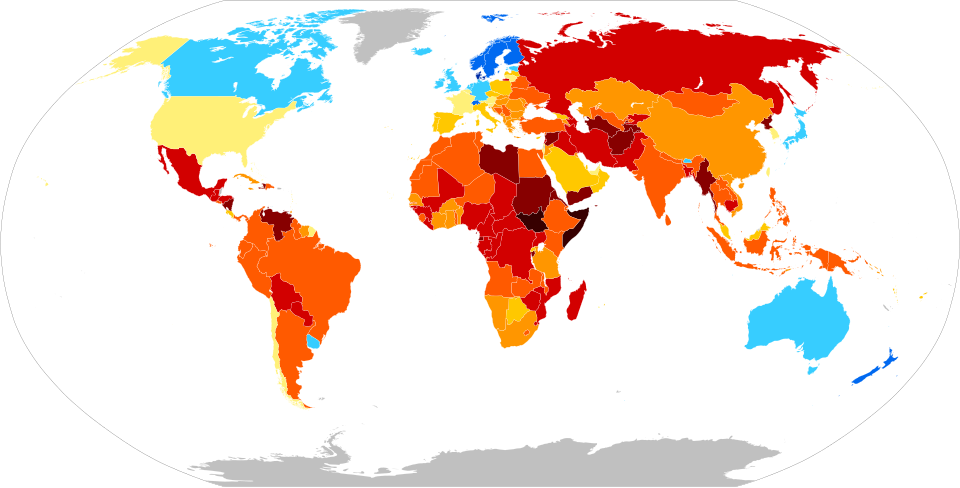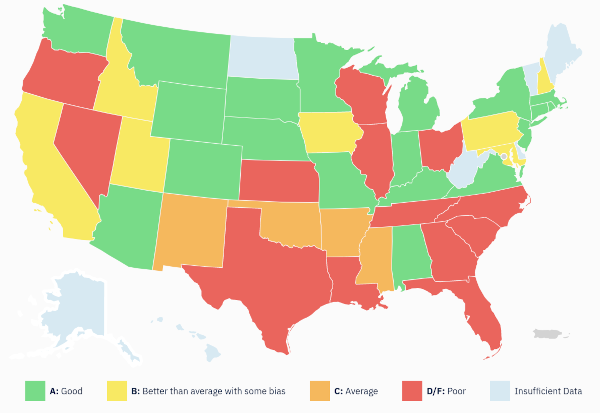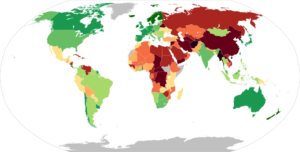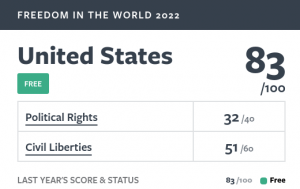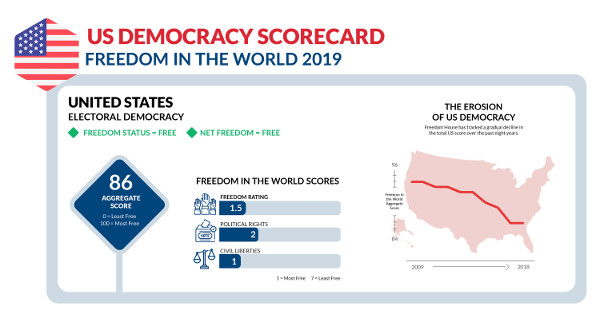
In 1971, Lewis Powell, soon to be Supreme Court Judge, wrote a memo with the subject Attack on American Free Enterprise System to the U.S. Chamber of Commerce laying out a strategy for American businesses to counter the growing criticism of capitalism and corporate influence. This became known, in limit circles, as the Powell Memorandum or the Powell Manifesto.
This was the seed that grew into Project 2025. The original memo was type-written and a scan is available here and a PDF reproduction here.
Summary of Key Points:
- Perceived Threats to Capitalism: Powell argued that the free enterprise system was under attack from various groups, including left-leaning academics, media, and consumer advocacy organizations.
- Call to Action for Business Leaders: He urged business leaders to take a more active role in shaping public opinion, education, and government policies.
- Influence in Education: Powell emphasized the need for businesses to fund academic programs and research that promote free-market principles.
- Legal and Political Engagement: He encouraged corporate America to challenge regulations, fund legal initiatives, and support pro-business candidates.
- Media Strategy: Powell recommended that businesses counter anti-corporate narratives by increasing their presence in media and public discourse.
- Long-Term Institutional Influence: His memo laid the groundwork for the establishment of conservative think tanks and lobbying efforts to defend capitalism.
This memo significantly influenced the rise of corporate political activism in the U.S., leading to increased business involvement in policy and legal matters. It was used by the U.S. Chamber of Commerce to organize two Powell Memo Task Force meetings in 1973 (Disney World & Dallas) attended by Gerald Ford, CBS president Richard Jenks, ABC executive James Hagerty, Ad Council chairman Barton Cummings, Metromedia executive Mark Evans, Edward Scripps II, and Roger Ailes.
Long-Term Institutional Influence of Powell’s Memo
Lewis Powell’s memo had a lasting impact on American politics, business, and public policy. It directly influenced the creation and expansion of institutions that continue to shape economic and political discourse today.
1. Establishment of Conservative Think Tanks
Powell’s memo emphasized the need for long-term investment in intellectual and policy-driven organizations to counteract what he saw as anti-business narratives in academia and the media. Following the memo, several influential think tanks and policy institutes were either created or expanded, including:
– The Heritage Foundation (1973) – Became a major force in conservative policy, shaping government decisions and judicial appointments.
– The Cato Institute (1977) – Promoted libertarian economic policies and free-market principles.
– The American Enterprise Institute (AEI) – Played a significant role in advocating for deregulation and corporate-friendly policies.
– The American Legislative Exchange Council (ALEC, 1973) – A nonprofit organization of conservative state legislators and private sector representatives who draft and share model legislation for distribution among state governments in the United States.
These organizations worked to shift political and economic thought by producing research, influencing lawmakers, and shaping media discussions.
2. Expansion of Corporate Lobbying & Advocacy Groups
The memo urged businesses to become more politically active. This led to:
– A significant increase in corporate lobbying in Washington, D.C.
– The rise of Political Action Committees (PACs) to fund pro-business candidates.
– The growth of The Business Roundtable (1972), which became a powerful lobbying group advocating for corporate interests in policy-making.
3. Influence on the Judicial System
Powell argued that businesses needed to challenge regulations and government actions in court. This led to:
– The rise of legal advocacy groups such as the Federalist Society (founded in 1982), which played a major role in shaping the judiciary by promoting conservative judges.
– More frequent corporate-backed legal challenges against government regulations, leading to Supreme Court rulings that favored business interests (e.g., Citizens United v. FEC in 2010, which allowed unlimited corporate spending in elections).
4. Business Involvement in Higher Education
To counter what Powell saw as anti-capitalist bias in universities, businesses increased funding for:
– Endowed professorships and research centers promoting free-market economics.
– University partnerships with corporations, influencing curricula to favor business perspectives.
– The establishment of pro-business student organizations to shape future policymakers and corporate leaders.
Overall Impact
Powell’s vision helped shift American politics and economics towards more corporate-friendly policies, deregulation, and market-driven reforms. The Powell Memorandum seems to have served as an early foundation for the philanthropic priorities of the Olin, Scaiff, Coors, and Koch families. His memo laid the foundation for decades of conservative and pro-business advocacy, influencing economic policies that continue to shape the U.S. today.
This also weaken the average American citizen’s voice in our government making it less democratic.
